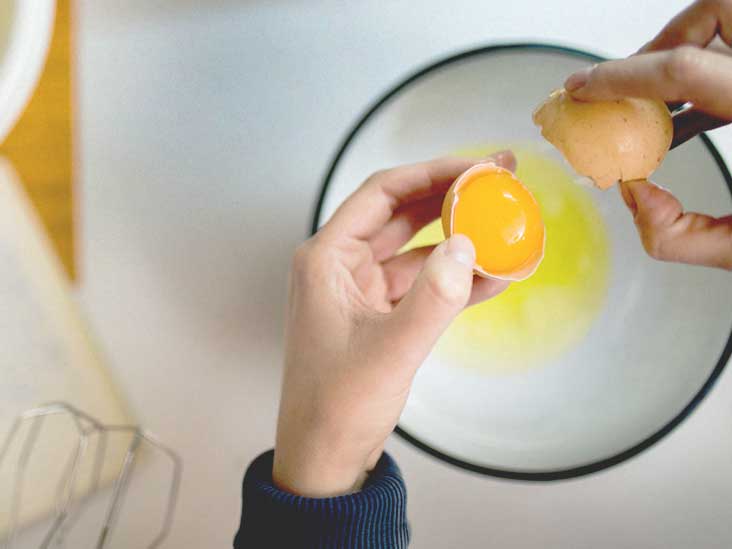By: Jung Eun Kim and Wayne W. Campbell
Published online 2018 Sep 9
Abstract
Whole egg is a food source of dietary cholesterol and inconsistent research findings exist about the effect of dietary cholesterol from whole egg on blood cholesterol concentration. We assessed the effect of co-consuming cooked whole egg (CWE) on dietary cholesterol absorption from two randomized-crossover studies. For study 1, 16 men consumed raw vegetables with no egg, 75 g CWE, or 150 g CWE. For study 2, 17 women consumed cooked vegetables with no egg or 100 g CWE. Triacylglycerol-rich lipoprotein fractions (TRL) were isolated from collected blood. In study 1, total-cholesterol areas under the curve (AUC)0–10h in TRL were not different but triacylglycerol AUC0–10h in TRL was greater for 150 g CWE vs. 75 g CWE and no egg. Similarly, in study 2, total-cholesterol AUC0–10h in TRL was not different but triacylglycerol AUC0–10h in TRL was greater for 100 g CWE vs. no egg. In both studies, whole egg consumption did not affect plasma total-cholesterol AUC0–10h, while triacylglycerol AUC0–10h was increased. These results suggest that the dietary cholesterol in whole egg was not well absorbed, which may provide mechanistic insight for why it does not acutely influence plasma total-cholesterol concentration and is not associated with longer-term plasma cholesterol control.











